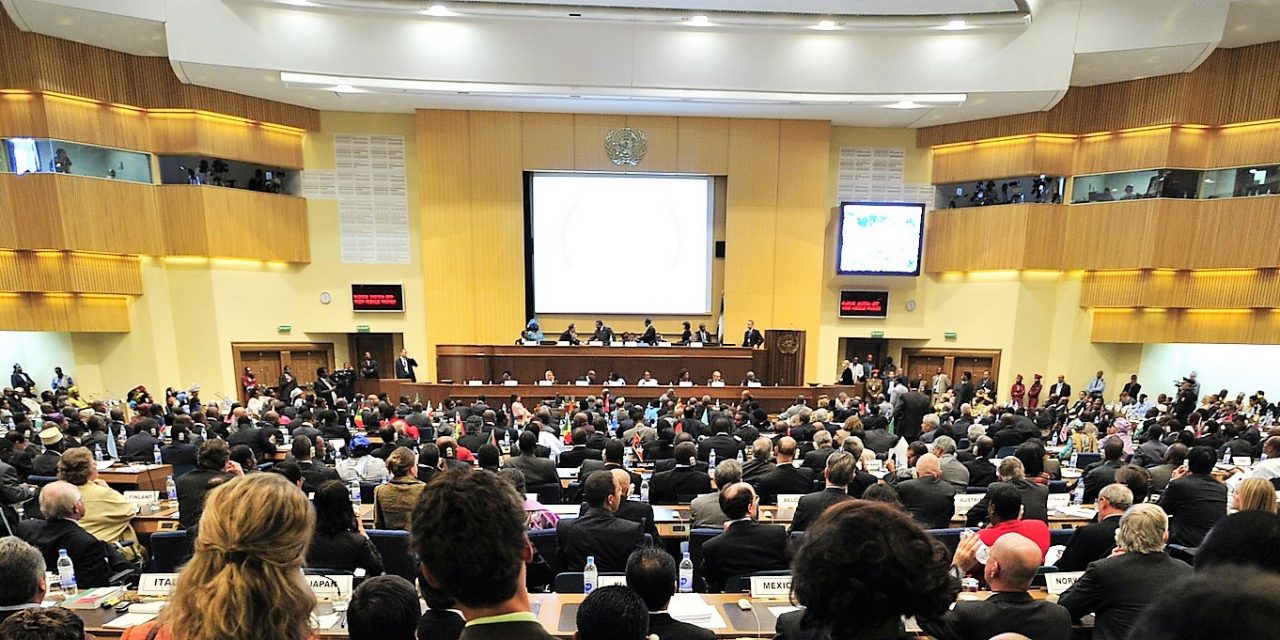
Insolvency arrangements: conditions for convening creditors’ meetings

The possibility to enter into an arrangement between the bankrupt and his creditors allows the use of all available legal tools to maximise the level of satisfaction of creditors, which is undoubtedly the main objective of bankruptcy proceedings (and not the restructuring of a company or debt).
EXTRA-COORDINATED SOLUTION IN INSOLVENCY PROCEEDINGS
This objective, however, must be taken into account in the whole structure of the arrangement in bankruptcy proceedings. Especially with regard to the prerequisites for the possibility of convening a creditors’ meeting to vote on the arrangement. Since an arrangement in bankruptcy is an extraordinarily coordinated solution, the conditions for convening a meeting must also be exceptional.
CONDITIONS FOR ALLOWING A VOTE ON THE COMPOSITION AGREEMENT IN THE COURSE OF INSOLVENCY PROCEEDINGS
Contrary to restructuring proceedings, where the conclusion of an arrangement is a natural aspiration and the final outcome of the proceedings, the legislator therefore decided on rather strict conditions for allowing voting on the arrangement in the course of bankruptcy proceedings. This will only be possible if the initial position of the creditors gives hope for the success of such a solution. This is to prevent abuse of this tool in order to postpone bankruptcy proceedings.
In bankruptcy proceedings, the judge-commissioner will be able to convene a creditors’ meeting to vote on the arrangement if:
- it is probable that the arrangement will not only be accepted by the creditors but also executed (Article 266c(1) of the Bankruptcy law), or
- the request to convene the meeting will be supported by creditors holding jointly at least 50% of the sum of the receivables due to voting creditors (Article 266c(2) of the Bankruptcy law).
THE LIKELIHOOD OF AN AGREEMENT BEING ADOPTED
In the first case, the judge-commissioner was left with discretion as to the legitimacy of convening the meeting in a given situation (as indicated by the wording “may” used in the provision). The entity applying for voting on the arrangement will have a difficult task, because the judge-commissioner will take into account numerous factors: the content of the arrangement proposals (their attractiveness for creditors and feasibility of execution), the wealth of the bankruptcy estate and the ability to generate a positive stream of cash flows in the future, the structure of receivables, probable support of creditors.
The creditors may make the acceptance of the arrangement more likely, e.g. by submitting a declaration of support for the arrangement or by presenting sufficiently attractive proposals that their acceptance by the creditors is highly probable.
PROBABLE EXECUTION OF THE AGREEMENT
As regards the likelihood that the arrangement will be executed in the future, the judge’s assessment will depend, among others, on the construction of the arrangement proposals – in principle, the liquidation arrangement will not require the voluntary participation of the bankrupt and the risk of its execution is negligible; on the other hand, if the enterprise and the arrangement based on generating positive cash flows in the future periods are maintained, the judge-commissioner’s opinion on the possibility of execution of the arrangement will be an important indication for the judge-commissioner – nothing prevents the receiver from preparing such an opinion already at the stage of the application and not only at the very date of the creditors’ meeting.
THE OBLIGATION TO CONVENE A MEETING WITH THE SUPPORT OF CREDITORS HAVING MIN. 50% OF THE TOTAL AMOUNT OF RECEIVABLES
In the second case, the judge-commissioner will be obliged to convene a meeting if the motion in this respect has the support of creditors holding an appropriate level of receivables (min. 50% of the total amount of receivables entitling to vote).
The creditors entitled to vote on the composition agreement should be defined in accordance with the relevant provisions of the restructuring law and the following exclusions should be taken into account:
- Article 116 (claims of persons linked personally or capitalically to the bankrupt);
- Article 80(3) (claims of a co-debtor, guarantor, guarantor or letter of credit opening bank that has failed to satisfy a creditor);
- Article 109 (claims which the creditor has acquired by transfer or endorsement after bankruptcy).
REQUIREMENT TO APPROVE THE LIST OF CLAIMS
From the procedural point of view, convening a creditors’ meeting conditions the prior approval of the list of receivables by the judge-commissioner. At the same time, partial approval of the list is sufficient if the total amount of receivables covered by the objections does not exceed 15% of the total amount of receivables covered by the agreement. It seems to be a reasonable course of action for the judge-commissioner to act in order to enable convening the meeting and, if possible, partially approve the list of receivables if it has been proven that acceptance and execution of the composition agreement is probable or if the composition proposals are supported by creditors holding more than 50% of the total amount of receivables entitling them to vote on the composition agreemen













